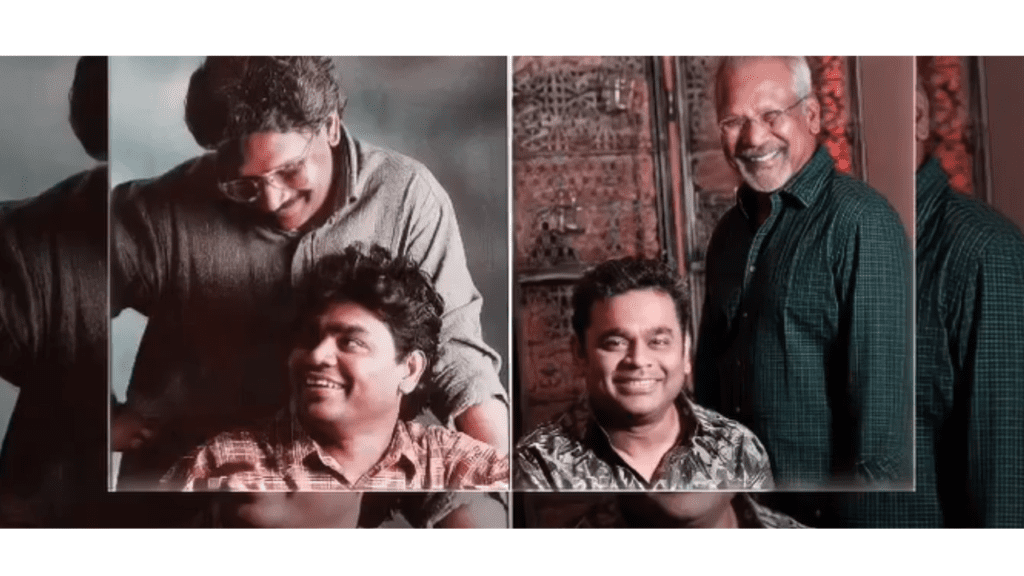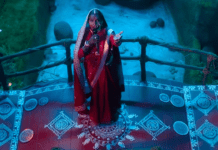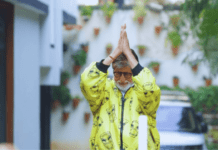The biographical biography of A.R. Rahman, the musical master whose compositions have left a strong impression on the film industry, is as varied and rich as his musical output. Some lesser-known aspects of the maestro’s path are worth investigating in between accolades and international recognition.
Birth Name and Spiritual Transformation:
Born as A.S. Dilip Kumar, Rahman took a spiritual turn in his life after the demise of his mother. Embracing the Islamic faith, he adopted the name Allah Rakha Rahman, shortened to A.R. Rahman. This transformation not only changed his personal identity but also influenced the soul-stirring quality of his musical compositions.
Historic Academy Award Win:
The Oscars x AR Rahman special on winning 2 oscars. pic.twitter.com/gNB32D1qmW
— LetsCinema (@letscinema) March 4, 2023
In 2008, Rahman made history by winning two Academy Awards for his work on “Slumdog Millionaire” – Best Original Score and Best Original Song. In addition to bringing him personal achievement, this accomplishment made Indian cinema internationally recognized.
International Collaborations:
Demonstrating the universal language of music, Rahman collaborated with renowned international artists like Andrew Lloyd Webber and Mick Jagger.
Through musical expression, these partnerships not only enhanced his performances but also helped to close cultural differences.
AR Rahman and Mani Ratnam, Partners Since 1992:
Whether capturing the romantic essence with Arvind Swamy and Aishwarya Rai dancing in the rain, portraying the inefficiency of governance with Mohanlal, or expressing the importance of love for a father and mother towards their daughter, AR Rahman and Ratnam have consistently delivered impactful tracks over the past 32 years. Even though not every song from their collaborations is on this list, it still shows how much of an influence they have had on Indian film.

In 2017, AR enduring appeal of their songs and movies.
In conclusion, as AR Rahman celebrates his 56th birthday, and with Mani Ratnam by his side, their influence on Indian cinema remains unparalleled.
Let’s think about this for a moment—whether in written form or as a thought in the filmmaker’s mind, the heart would feel this moment like this: Amar (Shah Rukh Khan) is hosting his show on All India Radio. This time, he’s sharing a brand-new tale with his audience about a personal experience that profoundly affected him.
It soon becomes clear that he is narrating the story of an encounter with a stranger woman (Manisha Koirala) at the Half Long Railway Station in Assam, who immediately captivated him. Using readily available objects to create sound effects, he skillfully weaves a narrative, providing listeners with the complete experience of the “world’s smallest love story.”
However, as Amar unfolds the story, the song “Ae Ajnabi” loses its intensity, starting with the enthusiastic voice of Udit Narayan describing a man’s desire for the woman who has captured his heart. The song, along with the narration of Shah Rukh Khan and the stunning beauty of Manisha Koirala, created a lasting impression on the audience.
While many of us have been emotionally moved by the enchanting theme music of Bombay, did you know that AR Rahman saved it from being scrapped during its creation by Mani Ratnam? Yes, you heard it right. In an interview shared by O2 India, cinematographer Rajiv Menon recalled that during the shooting of Bombay, they were preparing for the sequence of “Hamma Hamma,” but the song was not coming together.
After trying various approaches, AR Rahman asked them to come back in the evening, as he needed to shoot for it the next day. Rajiv shared, “We go there, and he says, ‘I don’t have a tune for it.’ So, Mani asks, ‘Then why did you call us?’ AR Rahman replies, ‘But I have something else,’ and then he played the Bombay theme.”
Rajiv described it as an emotional moment for both him and Mani, with tears welling up in their eyes after listening to the theme music. Mani said, “AR Rahman, what have you done? I’ve come here to fire you from the job, and you’re making me cry with this song.” Rahman replied, ‘I just got this tune now.'”
It’s important to note that while “Ae Ajnabi” is a complete soundtrack, the “Bombay Theme” is a background score composed only with instruments, including Indian flute and Western strings.It is still difficult to fully convey the influence these two songs have had on listeners and industry experts.
Each song composed by A.R. Rahman for Mani Ratnam’s moments and each scene crafted by Mani Ratnam for A.R. Rahman’s melodies complement each other harmoniously, creating perfect and inseparable units.
Thus, this harmonic partnership offers a deep sensation of happiness to everybody who witnesses it visually or aurally.



